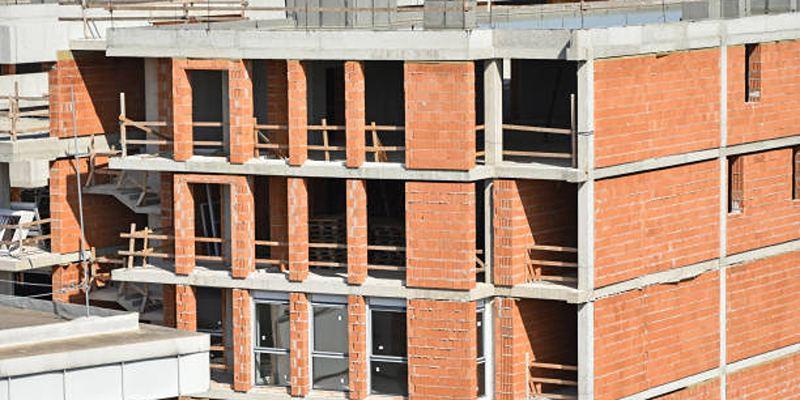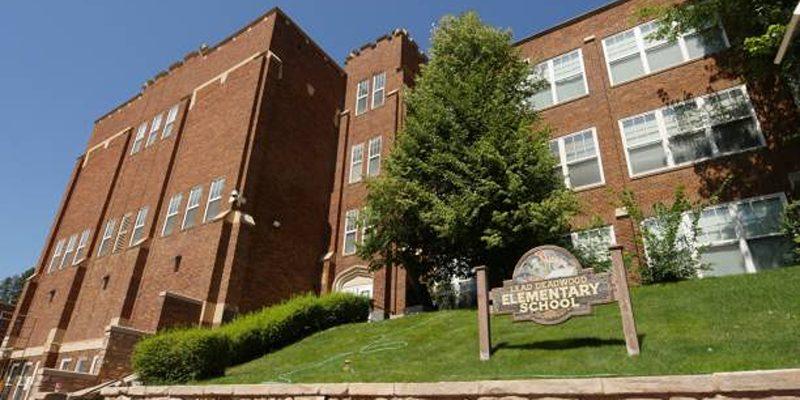The Essential Role of CCLIA in Modern College Infrastructure Projects
May 20, 2024 By Susan Kelly
In today's rapidly evolving educational landscape, colleges and universities are continuously adapting to meet the growing needs of students and faculty. These advancements in technology, pedagogical approaches, and infrastructure require educational institutions to not only maintain functional facilities but to also ensure these spaces foster learning and innovation. A key component in the success of college infrastructure projects is the Comprehensive Campus Long-Range Infrastructure Assessment (CCLIA), a vital instrument that this article will discuss in terms of its importance and impact on modern college infrastructure endeavors.
Understanding CCLIA:
The Comprehensive Campus Long-Range Infrastructure Assessment, or CCLIA, is a strategic methodology adopted by higher education institutions for the evaluation and future planning of their physical infrastructure. This approach includes a detailed examination of current facilities, identification of infrastructural needs, and the development of long-term strategies to meet these requirements. CCLIA considers a variety of elements, including campus growth forecasts, the latest technological innovations, sustainability objectives, and regulatory mandates.
The Significance of CCLIA in Modern College Infrastructure Projects:
1. Strategic Planning:
CCLIA equips colleges with a strategic blueprint for infrastructural development, allowing them to allocate resources effectively to projects that enhance teaching, research, and campus life. This strategic planning ensures that investments are in line with the institutions mission and goals.
2. Risk Management:

Infrastructure projects come with their set of risks, such as aging facilities, regulatory compliance, and environmental concerns. Through CCLIA, colleges can pinpoint these risks and implement measures to increase resilience, ensuring campus operations continue smoothly and safely.
3. Sustainable Development:
In todays infrastructure projects, sustainability is paramount. CCLIA embeds sustainability into planning processes by assessing the environmental impacts of projects and identifying opportunities for conserving resources and integrating renewable energy solutions, helping colleges reduce their environmental footprint and operational costs.
4. Stakeholder Engagement:
The process encourages the involvement of the campus community in planning, ensuring projects cater to the diverse needs and preferences of all stakeholders. This inclusive approach promotes transparency, accountability, and community support for infrastructure initiatives.
5. Long-Term Viability:
Recommendations made through CCLIA are designed to support the college communitys evolving needs well into the future, providing sustainable, scalable, and adaptable solutions to the challenges posed by changing technology, demographics, and educational methods.
6. Data-Driven Decision Making:
CCLIA champions the use of data analytics to guide infrastructure development. By analyzing data on building conditions, occupancy rates, utility consumption, and maintenance records, colleges can evaluate the performance and effectiveness of their facilities. Utilizing data analytics and modeling, institutions can detect patterns, forecast future requirements, and enhance resource distribution. This methodical approach ensures infrastructure investments are based on solid data, leading to strategic decisions and superior outcomes.
7. Flexibility and Adaptability:
The ever-evolving nature of education necessitates that colleges remain flexible to adopt new technologies, instructional approaches, and student desires. CCLIA promotes this by encouraging the design of scalable and modular projects. Through phased construction, adaptable design standards, and versatile spaces, colleges can meet changing needs over time. This strategy enables swift adaptation to enrollment fluctuations, technological advancements, or shifts in educational strategies, minimizing the need for expensive modifications.
8. Integration of Technology:
As technology becomes more embedded in campus operations, from advanced classrooms and digital libraries to comprehensive online platforms and Wi-Fi networks, CCLIA ensures that technological infrastructure is a core component of strategic planning. This allows for the smooth adoption of emerging technologies and systems. Prioritizing digital infrastructure, cybersecurity, and tech-driven learning environments supports innovation and enriches the student experience, placing colleges at the forefront of digital education and research.
9. Community Impact:
Recognizing colleges as vital community members, CCLIA assesses the wider effects of infrastructure projects on local communities, encompassing economic growth, job creation, and lifestyle enhancements. Infrastructure investments can regenerate communities, improve public areas, and bolster partnerships with local entities. Engaging with community stakeholders and valuing their contributions to the planning process strengthens relationships, encourages cooperation, and generates mutual benefits.
10. Continuous Improvement:
Advocating for a culture of perpetual enhancement, CCLIA introduces systems for ongoing evaluation, feedback, and review. By analyzing the success of infrastructure projects, soliciting user opinions, and performing post-occupancy assessments, colleges can gauge their impact and pinpoint improvement opportunities. This reflective practice enables institutions to evolve their planning processes and adapt to new challenges, ensuring their infrastructure remains effective, resilient, and attuned to the dynamic needs of their constituents and the wider community.
11. Funding Optimization:
CCLIA aids colleges in enhancing their infrastructure funding strategies by aligning their investments with institutional goals and available resources. Through a comprehensive evaluation of infrastructure necessities and the creation of a prioritized project portfolio, colleges are empowered to present persuasive arguments for funding from diverse sources, including government grants, private contributions, and institutional funds. CCLIA plays a pivotal role in helping colleges identify and leverage funding opportunities, secure matching funds, and ensure the highest return on their investment in infrastructure projects. Moreover, it advises on exploring alternative financing options like public-private partnerships and bond financing to support large-scale projects with minimized financial risk.
12. Regulatory Compliance:

Navigating the complex landscape of regulations and codes related to building design, construction, accessibility, safety, and environmental sustainability is a must for colleges. CCLIA guides colleges in keeping updated with regulatory demands and integrating them into their infrastructure planning endeavors. Through thorough reviews of building codes, zoning ordinances, environmental regulations, and accessibility standards, colleges ensure their projects comply with all legal and regulatory frameworks. Proactive regulatory compliance not only helps avoid expensive delays, fines, and legal issues but also showcases a college's commitment to ethical and responsible resource management.
Conclusion:
The Comprehensive Campus Long-Range Infrastructure Assessment (CCLIA) is indispensable in guiding the development and implementation of infrastructure projects in colleges and universities. By offering a strategic framework that incorporates sustainability, engages stakeholders, and ensures the long-term viability of projects, CCLIA plays a crucial role in enhancing the resilience and success of educational institutions amidst an ever-changing global landscape. As the realm of higher education continues to innovate, CCLIA stands as a foundational tool in supporting the overarching goals of academia.
-
 Know-how May 20, 2024
Know-how May 20, 2024Understanding Business Net Retention: A Comprehensive Guide
Discover powerful strategies to boost net retention, foster customer loyalty, and drive sustainable growth by minimizing churn and enhancing satisfaction.
-
 Investment May 19, 2024
Investment May 19, 2024Financial Considerations of Renewable Resources
Explore the financial aspects of renewable resources, like explanations, main things to think about, and different kinds in this complete guide.
-
 Know-how May 19, 2024
Know-how May 19, 2024Errors and Omissions Insurance Explained: Protecting Your Professional Practice
This article offers an in-depth guide on Understanding Errors and Omissions (E and O) insurance, including coverage specifics, choosing policies, and maintaining protection.
-
 Taxes Jan 12, 2024
Taxes Jan 12, 2024Situations for Paying Taxes on Lottery Winnings
While it is true that the chances of winning the Powerball lottery are very long, someone will always be successful in beating those odds. In addition, they will be required to make tax payments on their earnings.
